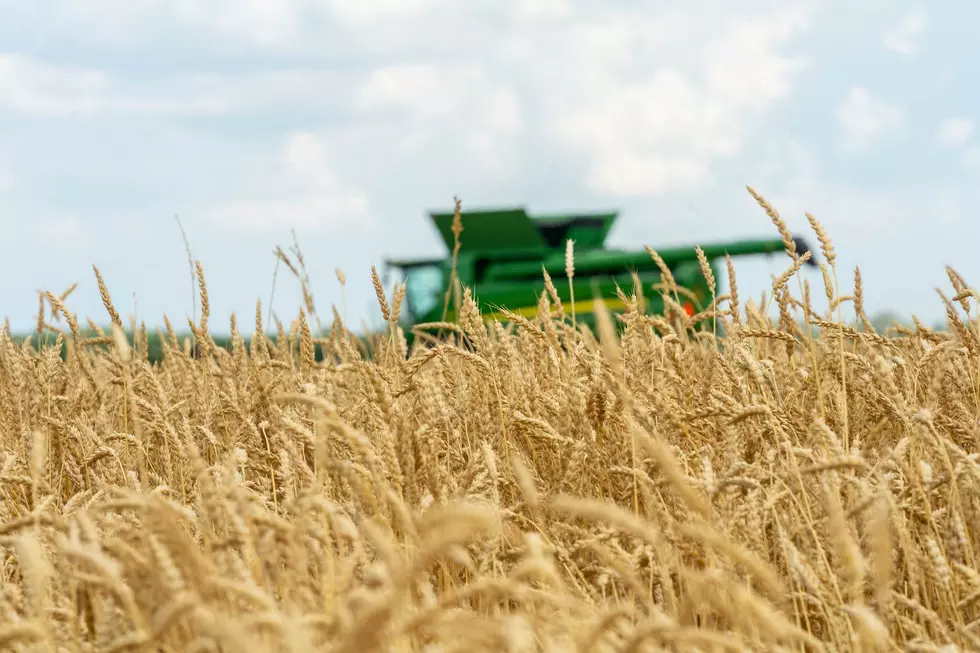
Salois: NW Wheat Growers Should Look at Nitrification Inhibitors
Nitrogen is arguably one of the most yield limiting factors in wheat production. Although it is the most prevalent element in Earth’s atmosphere, nitrogen is highly susceptible of loss through volatilization, leaching and more. Cat Salois, Director of Research at The McGregor Company, said nitrogen management is vital for northwest wheat growers. She said not only is proper nitrogen critical to ensuring higher yields, protein contact and good economic benefit to growers, but if nitrogen is not given at the right time, it’s very hard for the crop to “catch up”.
“In theory, we can do top dressing in the spring, we can do stream applications, we can spoon feed that crop throughout the season, which is a very common practice in the Mid-West. The biggest caveat there is the Mid-West has in season rain to incorporate that nitrogen into the root zone in a pretty effective manner in the spring. In the Pacific Northwest, with our counter season rains, we don’t get reliable spring incorporation for those nitrogen demands.”
So, what are growers here in the Northwest to do? Salois said her research team has looked into the benefits of nitrification inhibitors.
“And what those actives do is they target the nitrosomonas bacteria that is responsible for converting your immobile ammonia to your mobile nitrates. The longer we can slow down the conversion to leachable immobile nitrates, the higher up in the soil profile we can help keep that nitrogen.”
Salois noted these nitrification inhibitors work below ground, where up to 70% of nitrogen loss can occur.
If you have a story idea for the Washington Ag Network, call (509) 547-1618, or e-mail gvaagen@cherrycreekradio.com
More From PNW Ag Network









